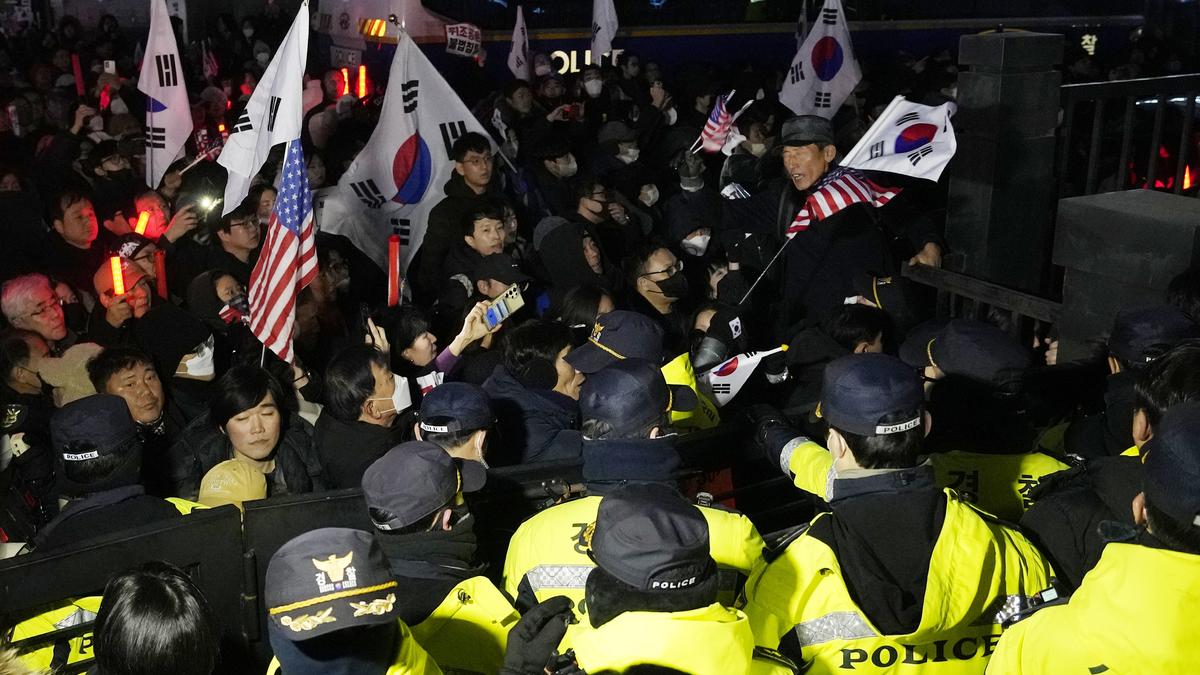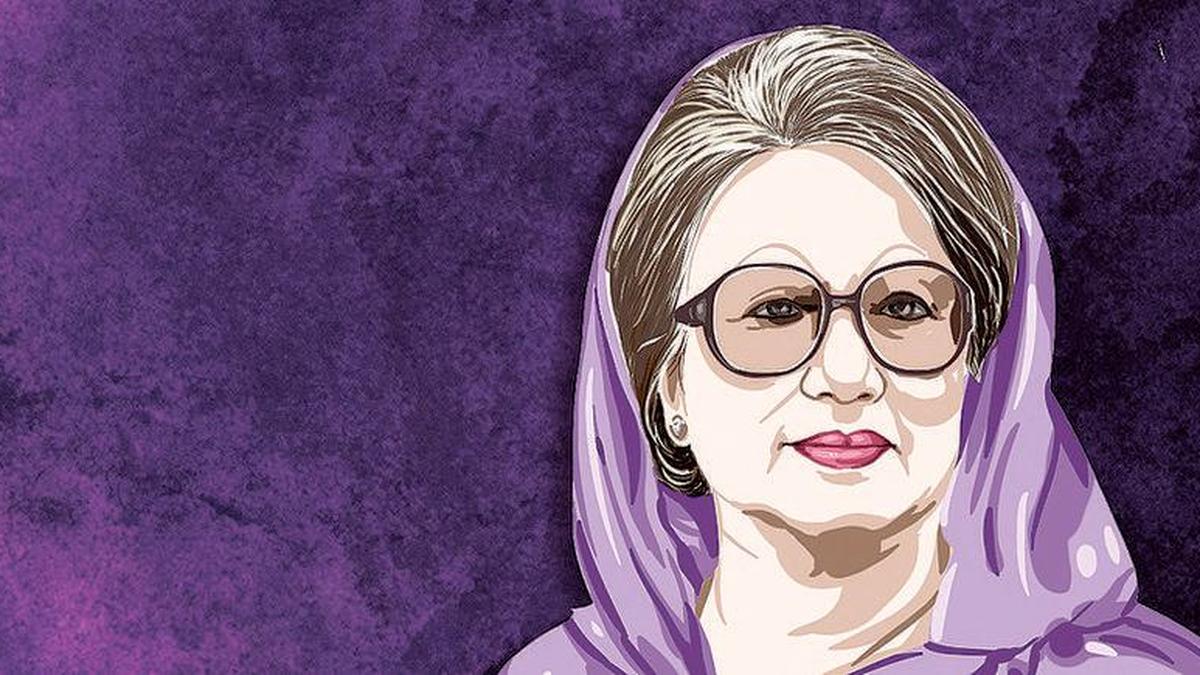Early morning of May 30, 1981, clouds from the Bay of Bengal lashed Chittagong. Through the heavy pitter-patter of rain on the roof of the Circuit House of Chittagong, President Ziaur Rahman heard the sound of gunfire. A man of action known for his bravery as a Pakistani soldier in the 1965 India-Pakistan war and later as a nationalist officer who rebelled against the Pakistani Army in 1971, Rahman was not someone to hide. Dressed in his night suit, Rahman came out to check the source of the gun fire and just then a hail of bullets literally sliced him into two halves.
The killers, however, failed in their plot to seize power as Abdus Sattar, a seasoned political figure, quickly took charge as President with Army Chief Hossein Mohammed Ershad’s support.

It was in this dramatic situation that Khaleda Zia, widow of Rahman, entered the political spectrum. She had reportedly fainted on hearing the news of the assassination of Rahman, but two and a half years later, Ms. Zia took over from Abdus Sattar. On January 13, 1984, Ms. Zia took charge of the Bangladesh Nationalist Party (BNP) that was founded by Rahman.
The death of Rahman also came at a critical time for the volatile country. On May 17, Mujib’s daughter Sheikh Hasina returned to Bangladesh.
Ms. Zia and Ms. Hasina came from different backgrounds. The former was the young wife of a Bengali officer in the Pakistani military and Ms. Hasina was the daughter of a firebrand anti-Pakistan figure. But in 1984, the two emerged as leaders of the two political alliances that opposed President Ershad.
Ms. Zia led a seven-party alliance and Ms. Hasina led a 15-party alliance against Ershad. In 1986, Ershad held a fraudulent election. Infuriated by the sham polling, the two alliances joined hands and finally dislodged Ershad from power in 1990.
After the fall of Ershad, the February 1991 election was won by the BNP and Ms. Zia, also known as Begum Khaleda, became the first woman Prime Minister of Bangladesh. But even as Ms. Zia was getting a grasp of the problems, a monstrous cyclonic storm killed nearly half a million people. Ms. Hasina sensed an opportunity and termed the BNP government incompetent. Despite the opposition, the BNP managed to win the 1996 election but had to give up power after the Awami League accused it of rigging the polls. Then Ms. Hasina became PM for the first time.
From 1991 till 2006, Ms. Zia dominated Bangladesh’s politics, along with her rival Ms. Hasina. She returned to power with the support of the Jamaat-e-Islami Bangladesh at the turn of the century and remained in office till 2006.
Boycott of elections
Though Ms. Zia was kept out of power by Ms. Hasina during the next 15 years, the BNP remained strong on the ground. While Ms. Zia took a backseat during the Hasina era, the day-to-day affairs of the party were handled by Mirza Fakhrul Islam Alamgir and Amir Khasru Mahmud Choudhury, who maintained the combative attitude of the party which boycotted election thrice — 2014, 2018 and 2024.

After being freed from detention following the fall of the Hasina government on August 5, 2024, Ms. Zia reiterated that she does not harbour any ill-will towards the currently exiled Ms. Hasina, giving a hint that she is waiting and watching how long the interim government led by Mohammad Yunus would last. While the BNP boycotted polls in the past, it is also known that the Hasina regime did not stop doctors from Johns Hopkins Hospital in the U.S. from flying into Dhaka to conduct a complex surgery on Ms. Zia in 2021.
With Hasina out of Bangladesh and the BNP enthused by the prospects of returning to power, Ms. Zia, 79, is once again in the limelight, but this time she is far more cautious. Earlier this month, an air ambulance from Qatar flew her for special medical care in London where she was reunited with her elder son Tarique Rahman who has been in exile since he was reportedly tortured by the military during the 2006-08 caretaker rule. Last week, Ms. Zia was acquitted in a 2008 corruption case, overturning a previous 10-year sentence.
In Bangladesh’s fractious politics, Ms. Zia has been seen as a survivor. And her tactics will be tested once again whenever the interim government calls for elections.
Published – January 19, 2025 01:32 am IST





